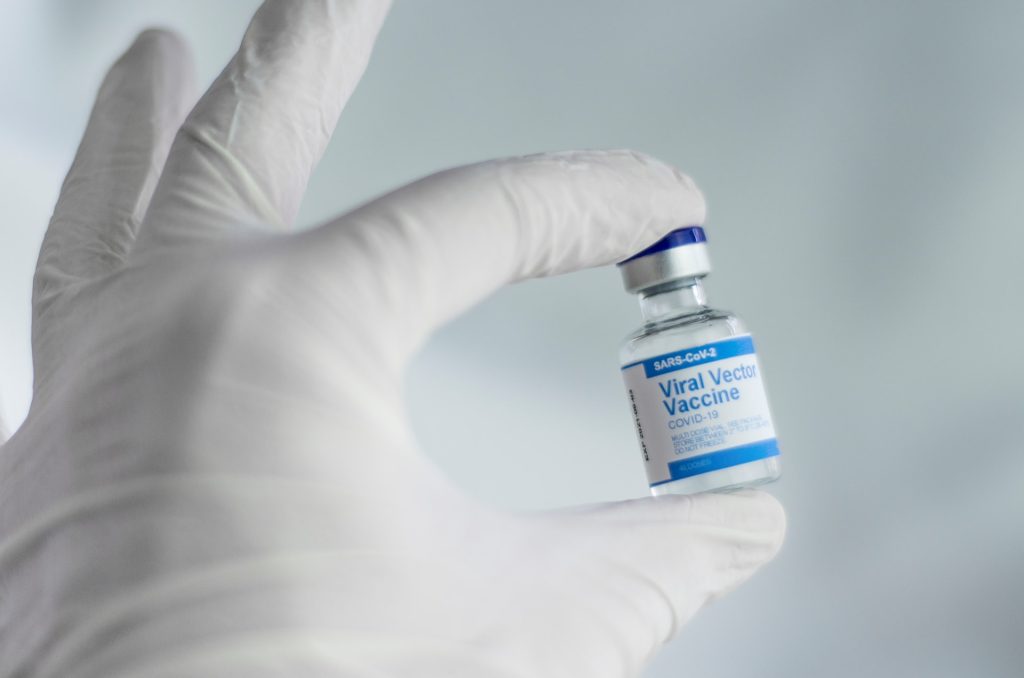
Scientists have discovered that the rare blood clot side-effect associated with some COVID vaccines could be the result of a specific gene variant, which could make a genetic screening test possible.
Vaccine-induced thrombotic thrombocytopenia (VITT), a rare disorder causing thrombosis and thrombocytopenia (low blood platelet counts), was linked to AstraZeneca’s COVID vaccine in early 2021, leading some countries to pause or restrict its use. It is also associated with the Johnson & Johnson vaccine, which also uses a viral vector.
Now, a new study may help to explain what’s causing the rare side effect. The study by Flinders University and SA Pathology is now available on the medRxiv preprint server and is awaiting peer review.
Examining five unrelated individuals who all had the clotting complication after vaccination, the researchers found that all of the patients had unusually structured antibodies against a protein called platelet factor 4 (PF4), which is involved in blood clotting.
In addition, all five shared a specific version of a gene responsible for producing these antibodies.
“We knew previously that PF4 was directly involved in the clotting disorder, and we knew that aberrant antibodies against PF4 are responsible, but what we don’t know is how and why some people develop them,” explained lead author Dr Jing Jing Wang.
The antibodies were all found to be derived from the same amino acid sequence. The researchers then found that all of the patients carried a specific variant of one gene, called IGLV3-21*02, most commonly occurring in people of European descent.
“The other specific amino acid sequences of these antibodies from each patient were derived from separate basic sequences but had all evolved to carry very similar properties, making them very potent attackers of the PF4 protein,” explained research team leader Professor Tom Gordon.
“Together, this suggests that it is the combination of a variant in a gene and the evolution of this antibody towards targeting the PF4 protein in a destructive manner, which is leading to this harmful side-effect.”
Though why the antibody is found in such a tiny number of vaccine recipients remains unknown, the identification of the gene could enable a genetic screening tool to identify patients who are at risk of this severe complication.
“It also provides a unique opportunity for targeted, specific therapy development aimed at neutralising this highly damaging but very specific antibody,” said Dr Wang.
Source: Flinders University

